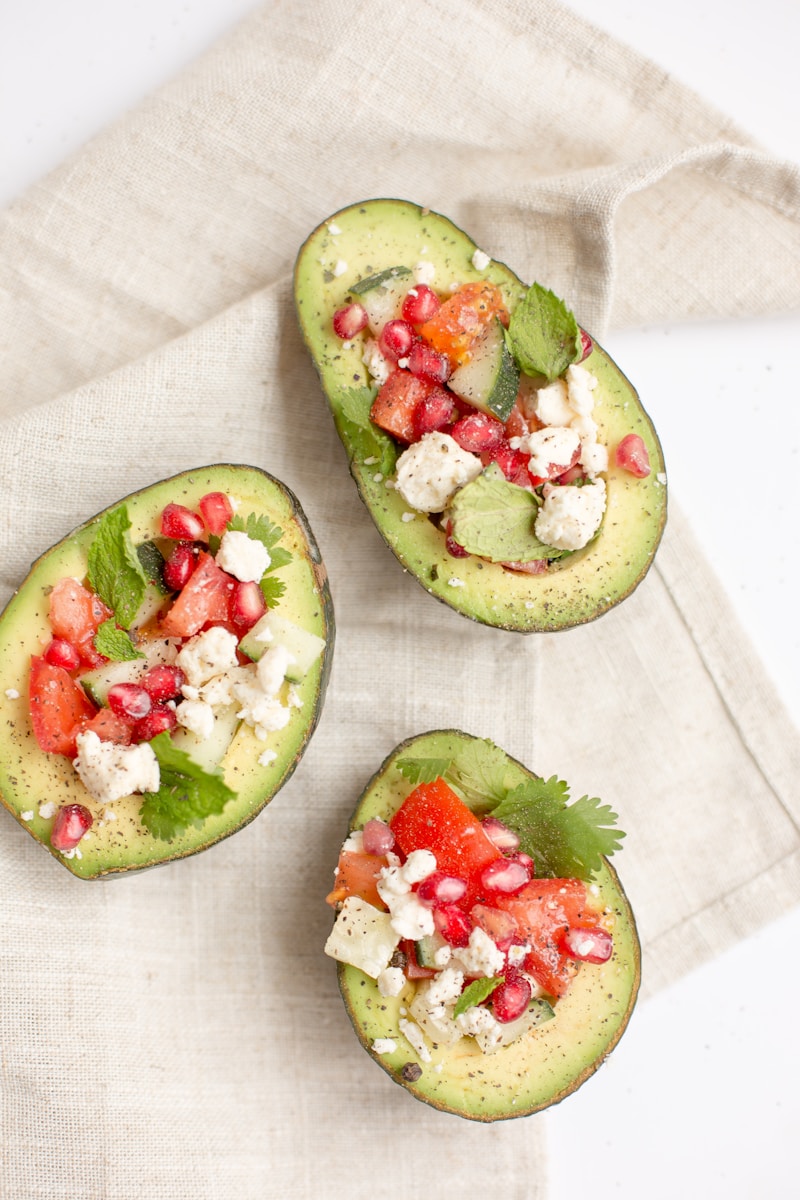Whether you’re cutting carbs, skipping meat, avoiding gluten, or simply trying to eat cleaner — sticking to a special diet can be exhausting without a plan. You read labels, scan recipes, and wonder if that “healthy” sauce is secretly loaded with sugar.
That’s where meal planning comes in. It gives you structure, saves time, and helps you stay consistent — especially when your diet has rules.
Let’s break down how to meal plan effectively for different dietary needs — and how FitMealBot makes it easy.
Vegetarian & Plant-Based Meal Planning
Challenges:
- Hitting protein goals
- Avoiding boring repetition (hello, stir fry again?)
- Making sure meals are balanced
What to include:
- Beans, lentils, tofu, tempeh
- Eggs and dairy (if not vegan)
- Whole grains like quinoa, oats, brown rice
- Leafy greens and colorful veggies
- Healthy fats: avocado, nuts, seeds, olive oil
FitMealBot tip:
Set your preference to “vegetarian” or “plant-based” — it’ll generate meals with complete proteins and natural variety.
Keto & Low-Carb Meal Planning
Challenges:
- Avoiding hidden carbs
- Getting enough fat (yes, really)
- Breaking out of the “eggs and bacon” rut
What to include:
- Fatty proteins: salmon, ground beef, chicken thighs
- Leafy greens, zucchini, mushrooms, cauliflower
- Healthy fats: olive oil, butter, cheese, avocado
- Low-carb swaps: zucchini noodles, almond flour, cauliflower rice
What to skip:
- Grains, beans, most fruit, starchy veggies (potatoes, corn)
FitMealBot tip:
Choose “keto” in your preferences and it will automatically exclude high-carb ingredients, offer substitutions, and balance your macros to stay in ketosis.
Gluten-Free Meal Planning
Challenges:
- Hidden gluten in sauces or seasoning packets
- Finding satisfying replacements for bread, pasta, and baked goods
What to include:
- Naturally gluten-free grains: quinoa, brown rice, buckwheat
- Lean meats, dairy, fruits, vegetables
- Certified GF products (when needed)
What to avoid:
- Wheat, barley, rye
- Sauces with wheat flour or soy sauce (unless labeled GF)
FitMealBot tip:
Check “Gluten-Free” and it’ll filter out risky ingredients, offer GF swaps, and make your weekly plan worry-free.
Dairy-Free Meal Planning
Challenges:
- Finding creamy textures without milk or cheese
- Avoiding sneaky dairy (in crackers, sauces, dressings)
What to include:
- Plant milks (almond, oat, soy, coconut)
- Coconut yogurt, vegan cheese (sparingly)
- Nutritional yeast for cheesy flavor
- Olive oil, nuts, seeds, avocados
FitMealBot tip:
Dairy-free plans use plant-based substitutes that still taste great — and label every recipe so you know what to expect.
Mixed-Diet Households
Trying to please a vegetarian partner and a low-carb spouse? Or manage food allergies for one child but not another?
Pro tips:
- Cook versatile meals (like bowls or tacos) that can be customized
- Use “base + toppings” setups
- Let FitMealBot create overlapping meals with slight tweaks for each person
Benefits of Meal Planning with Dietary Restrictions
- ✅ Less last-minute stress
- ✅ Fewer accidental diet slip-ups
- ✅ Better nutrition tracking
- ✅ More variety (you’re not just eating the same “safe” meal every day)
Final Thoughts
Special diets don’t need to feel restrictive — they just need structure. With the right plan, your meals can be exciting, nourishing, and fully aligned with your goals.
Let FitMealBot take the guesswork out. Just set your preferences once, and we’ll generate a weekly meal plan that works with your diet — not against it.

